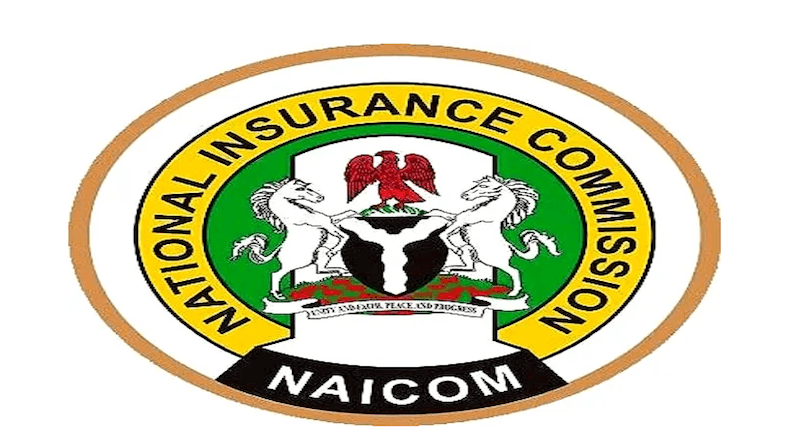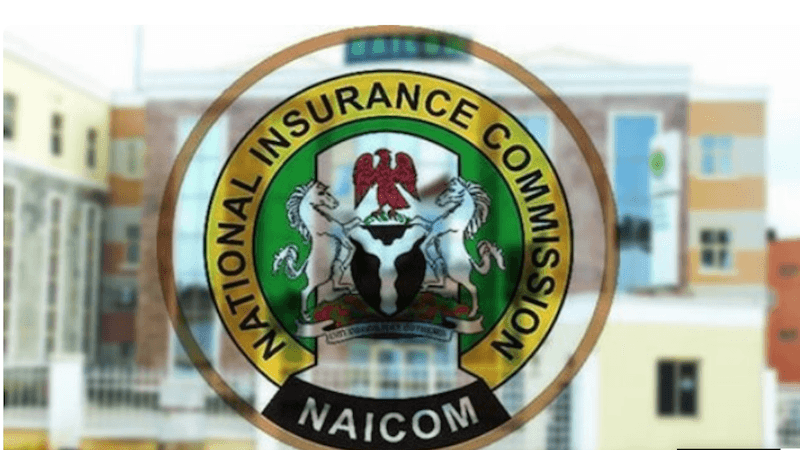Dike Onwuamaeze
The National Insurance Commission (NAICOM) has reiterated that the ongoing recapitalisation exercise in the Nigerian insurance industry is not to reduce the number of firms in the industry.
Rather, the goal of the ongoing exercise, according to the Acting Commissioner of Insurance, Mr. Sunday Thomas, was to strengthen the sector contribute to enable it contribute significantly to Nigeria’s economic development and position it to compete globally.
Thomas, said this at the 2019 Insurance Stakeholders Consultative Forum that was organised by the Lagos Chamber of Commerce and Industry (LCCI) in Lagos, with the theme “Insurance Today and Future.”
He said the future of the insurance business was in embracing technological advancements to automate processes and retail segment of the market and not in the big ticket corporate account transactions.
“We cannot go far if we continue to ignore the retail side of the industry.
“Our standing the largest market in Africa in terms of population and our rating as Africa’s biggest economy are not for nothing.
“They should be able to deliver to us a robust insurance business in Nigeria. There are few key things that if we can get right at them will enable us to jump start the industry.
“So, the drive toward financial inclusion and the recapitalisation exercise going on now in the insurance sector are efforts that give us hope that the insurance market stands and distinguishes itself in the Nigerian financial sector,” Thomas said, adding that “dependability, trustworthiness, prompt and fair claims settlement and introduction of innovative products and technology are the things that it will take to place the industry on the part of prosperity.”
In his opening remarks, the President of the LCCI, Mr. Babatunde Paul Ruwase, noted that the forum’s theme, which was “Insurance Today and Future” was to facilitate deliberation on the challenges confronting the insurance sector in Nigeria and chart a new part for the sector.
Ruwase said: “The insurance sector has not shared in the growth experienced by other segments in the financial services sector, such as pension funds, mutual funds and banks, in the last decade.
“According to the data by the National Bureau of Statistics, the insurance sector contributed 0.5 percent to our Gross Domestic (GDP) IN 2019 and grew about four percent in the same.
“Nigeria’s insurance industry has hardly grown in real terms in the last ten years due to major headwinds affecting players including economic and regulatory uncertainties, unwillingness of people to purchase a policy as well as cultural and religious sentiments.”
According to the Doyen of Nigerian insurance industry, Olola Olabode Ogunlana, nothing prospers the insurance business more than prompt settlement of claims.
Ogunlana asked: “Has it occurred to us as an industry that the best advertisement for insurance is prompt and fair settlement of claims? Do the players within the industry understand the difference between the need for insurance and the demand for insurance?
“The data, given the low penetration of insurance, showed that the demand is very low. Should we not therefore focus on stimulating the demand for insurance?”
Other insurance experts at the forum agreed that the way to increase demand for insurance products was for firms within the industry to embrace retail insurance services.
The Managing Director of SCIB Nigeria & Co. Limited, Shola Tinubu, recommended the use of low priced products to drive the retail market because elementary economics thought us that the lower the price the higher the demand.
Tinubu, argued that high management expense rather than claims could be the major problem of the Nigerian insurance industry. He stated that the percentage of the insurance contribution to the GDP would continue to be underestimated until the value of the pension contribution is reflected in the calculation.
In his contribution, the Chairman of the Nigeria Insurers Association (NIA), Mr. Tope Smart, pointed out that policies that would enhance the industry were hindered by lack of direct access by the chairman of NAICOM to the President of the country.
“The Governor of the Central Bank of Nigeria as well as the head of PenCom report directly to the President while the head of NAICOM is required under the law to report to a director in the Ministry of Finance,” he said.
NEXIM Bank Pledges to Enhance Nigeria’s Non-oil Revenue
Peter Uzoho
The Managing Director of the Nigerian Export-Import Bank (NEXIM Bank), Mr. Abba Bello, has said the bank is currently undergoing transformation to enable it achieve its mandate of helping to boost non-oil trade and increase revenue from the sector.
Bello, disclosed this in an interview with THISDAY, on the sidelines of the 2019 Investiture of the Chartered Institute of Bankers of Nigeria (CIBN), where he was awarded the institute’s Honorary Fellow alongside 13 others.
The award was in recognition of the recipients’ immense contributions towards the development of the banking industry and the Nigerian economy at large.
Bello said: “We have been on a journey of transformation at NEXIM, to properly focus the bank towards achieving its mandate, which is to diversify the economy in terms of earning foreign currency and promoting trade of non-oil products.
“That is what our mandate is and that is what we have been
doing. The bank has been docile at some point and it was not contributing much to trading.
“But the major thing we should start looking at is, how much has non-oil trade grown in Nigeria because outside its mandate or its objectives as a development finance institution to finance non-oil trade, it is also the trade policy bank which does not necessarily mean that we lend money to facilitate trade. There are lots of other facilitation activities we do that helps to boost non-oil trade within the country.
“So what we have been doing is the complete transformation of the bank. It is a journey, it’s not a one-day thing, it’s a journey in which we are at it and it’s a continuous improvement to ensure we meet our target of diversification,” he added.
Continuing, the NEXIM Bank boss said:
“As I said earlier, outside lending, there are other areas of trade facilitation activities that we do as an important stakeholder in Africa regional trade facilitation.
“For instance, we are doing stuff like trying to bring shipping and logistics by our ceiling projects. We are doing other things like ECOWAS Road Transportation, and so on. Some of these facilitation activities are initiatives of NEXIM, some are initiatives of the federal government where NEXIM as the trade policy bank and export development bank of Nigeria has a role it’s playing.”
However, Bello appreciated the CIBN for deeming him worthy of the award, saying, “The award is an Honorary Fellowship and it is for people who have distinguished themselves by way of contributing to the development of Nigeria in various capacities and in various ways.”



